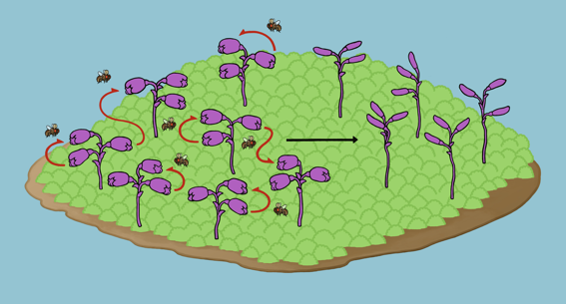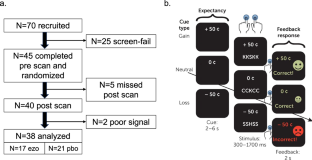2025-05-21 神戸大学

咲かない花のみをつける植物の進化プロセスのイメージ図
<関連情報>
- https://www.kobe-u.ac.jp/ja/news/article/20250521-66651/
- https://royalsocietypublishing.org/doi/10.1098/rspb.2025.0574
非光合成ランGastrodiaにおける完全に分裂する系統のゲノム的特徴と進化史 Genomic signature and evolutionary history of completely cleistogamous lineages in the non-photosynthetic orchid Gastrodia
Kenji Suetsugu,Shun K. Hirota,Takashi Makino,Yoshihisa Suyama,Shingo KanekoandKenji Fukushima
Proceedings of the Royal Society B Published:21 May 2025
DOI:https://doi.org/10.1098/rspb.2025.0574
Abstract
Despite a long-standing interest since Darwin’s time, the genomic implications of obligate self‐fertilization remain elusive. Complete cleistogamy—the obligate production of closed, self‐pollinating flowers—represents an extreme reproductive strategy. Here, we present the genomic profiles and evolutionary history of two lineages of the mycoheterotrophic orchid Gastrodia, both of which independently acquired complete cleistogamy, based on detailed sampling and a combination of simple sequence repeat (SSR), multiplexed ISSR genotyping by sequencing (MIG-seq) and RNA‐seq data. Our analysis reveals clear species delimitation, with no evidence of introgression between the completely cleistogamous species and their co‐occurring allogamous sisters. Intriguingly, all analyses indicate that both the completely cleistogamous Gastrodia species and their allogamous sisters exhibit genetic profiles typical of self‐pollinating plants. This pattern suggests that their ancestors, probably bearing allogamous flowers, had already evolved mechanisms to mitigate the deleterious effects of selfing, potentially facilitating the emergence of complete cleistogamy through benefits such as reproductive assurance, enhanced colonization ability and species reinforcement. Meanwhile, further analyses suggest that complete cleistogamy evolved very recently (possibly within the last 1000–2000 years) in these two Gastrodia lineages. Combined with the scant evidence of complete cleistogamy outside Gastrodia, our findings imply a limited and ephemeral role for complete cleistogamy in plant speciation.

